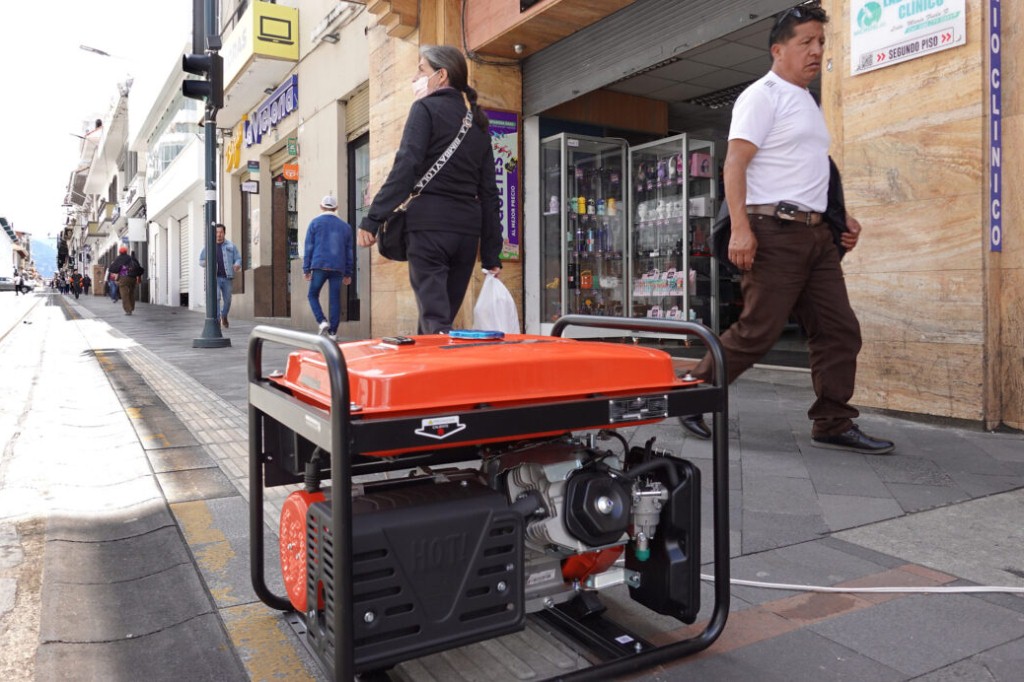Researchers from the Universidad de las Américas (UDLA) and the Environmental Secretariat of the Ecuadorian capital confirmed that the longer power outages take, the more sulfur dioxide is expelled into the air, causing eye irritation and affecting the respiratory tract. A report by Ecuavisa, a local television station, aired the research revealing that emissions from both industrial and domestic generators reduce air quality.
The experts took samples in nine neighborhoods of the capital and found that sulfur dioxide pollution has tripled, with particles increasing up to 180 percent.
The research also showed a 43 percent increase in carbon monoxide and a 38 percent more nitrogen dioxide, as well as soot, dust and heavy metals, all of which are harmful to human health.
The use of diesel generators is a quick solution to power outages, according to the study, but they are highly toxic and could represent an even greater cost to the state in terms of public health.
Ecuador is facing the most severe drought in the last six decades, as well as a lack of investment in the energy sector, which has led to longer power outages of 10 and up to 12 hours since September 23.
ied/abo/mem/avr










